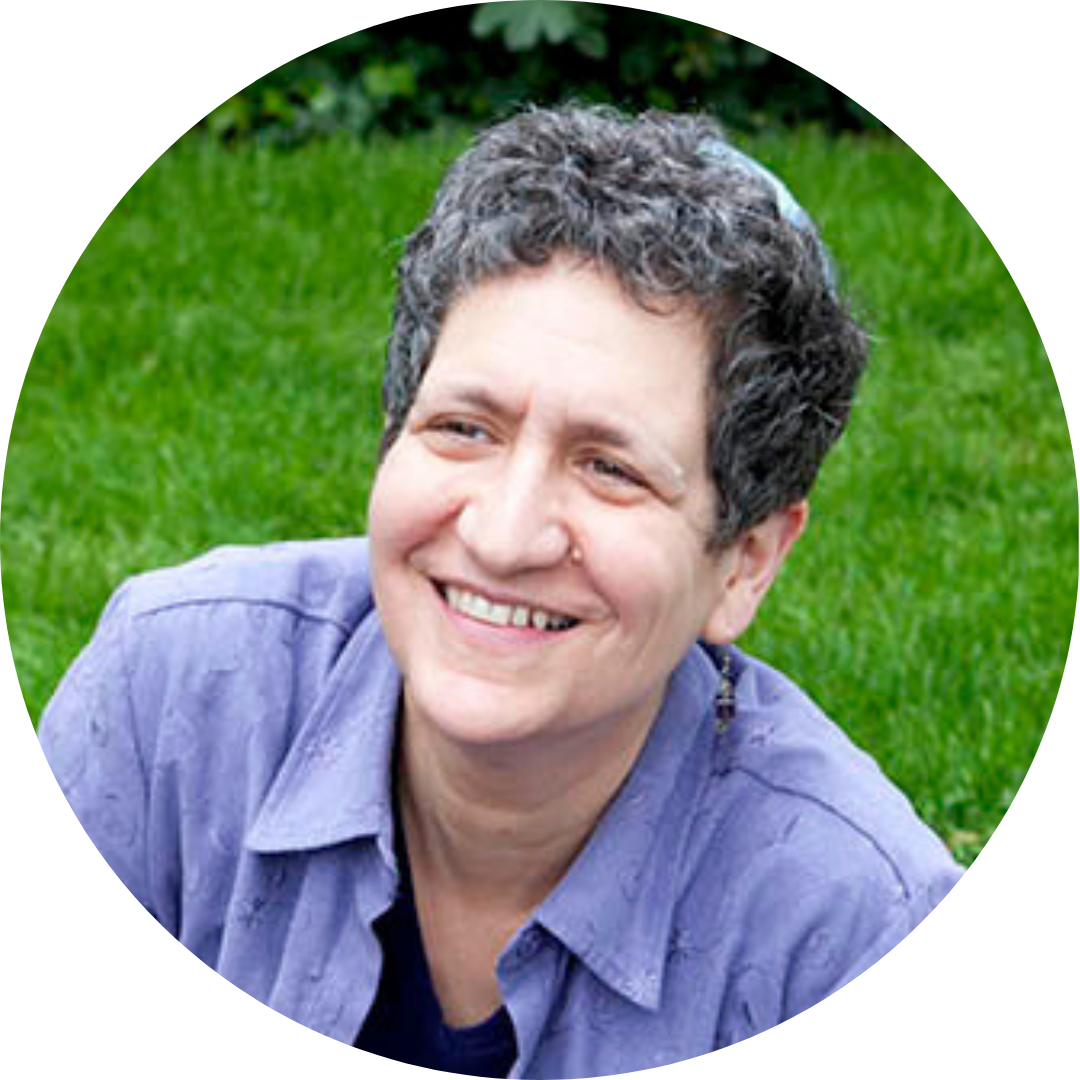This selection of midrashim on the crossing of the Red Sea provides a window into the tradition’s ethical concerns surrounding this well-known story. The texts may be read below, or downloaded in PDF form.
1) Our ancestors divided into four groups on the shore of the Sea. One said, “Let’s go into the sea!” Another said, “Let’s return to Egypt!” Another said, “Let’s make war on [the Egyptians],” and the fourth said, “Let’s cry out against them!” To the group that said, “Let’s go into the sea,” Moses said to them, “Stand and see the liberation that God will work for you today.” To those who said, “Let’s return to Egypt,” he said, “The Egypt you see today you will never see again…” To those who said “Let’s make war with them,” Moses said, “God will fight for you,” and to those who said, “let’s cry out….” he said, “Be quiet!” (Jerusalem Talmud, on Exodus 14:13-14)
2) When the Holy One was about to drown the Egyptians in the sea, Uzza, heavenly prince of Egypt, rose up and prostrated himself before the Holy One, saying: Master of the universe, You created the world by the measure of mercy. Why then do You wish to drown my children? The Holy One gathered the entire heavenly household and said to them: You be the judge between Me and Uzza prince of Egypt. At that, the heavenly princes of the other nations began to speak up in behalf of Egypt. When Michael perceived this, he gave the sign to Gabriel, who in one swoop darted down to Egypt, where he pulled out a brick with its clay enclosing a [dead] infant who had been immured alive in the structure. He then came back, stood before the Holy One, and said: Master of the universe, thus did the Egyptians enslave Your children. Whereupon the Holy One sat in judgment over the Egyptians in accord with the measure of justice and drowned them in the sea. (Sefer Aggadah, citing Midrash Avkir)
3) MISHNAH: Adam was created as a single individual to teach you that whosoever destroys a single soul, Scripture considers it as though he had destroyed a whole world…Also, to proclaim the greatness of the Blessed Holy One: for if a person strikes many coins from one mold, they all resemble one another, but the Blessed Holy One fashioned every person in the stamp of the first person, and yet not of them resembles his/her fellow. Therefore every single person is obliged to say: the world was created for my sake…
GEMARA: “Therefore every single person…”: And there went out song (or “cry”) throughout the host (I Kings 22:36, referring to the death of the evil King Ahab). R. Aha ben Hanina said: When the wicked perish, there is song (Proverbs 11:10); [thus] when Ahab ben Omri perished there was “song.” But does the Blessed Holy One rejoice over the downfall of the wicked? Is it not written, “Hodu Adonai, ki l’olam chasdo, Praise Adonai, for God’s love is eternal” (2 Chronicles 20:21, referring to Jehosephat king of Judah, when he went to war with the Ammonites and Moabites), concerning which R. Jonathan asked: Why are the words “ki tov, for God is good,” omitted from this expression of thanks?1 Because the Blessed Holy One does not rejoice in the downfall of the wicked. R. Samuel ben Nachman said in Rabbi Jonathan’s name: What is meant by, v’lo karav zeh el zeh kol halaila, And one did not come near to the other all night (Ex. 14:20)? In that hour the ministering angels wished to utter the song [i.e. Kadosh Kadosh Kadosh…] before the Blessed Holy One, but God said to them, “The work of my hands is drowning in the sea, and you would utter song before me?!” Said Rabbi Yosi ben Hanina: God does not rejoice Godself, but causes others to rejoice. (Talmud Bavli, Sanhedrin 37a, 39b)
- 1. This phrase from Chronicles echoes the verse in Psalm 107, Hodu l’Adonai ki tov, ki l’olam chasdo,” with the “ki tov” missing.








